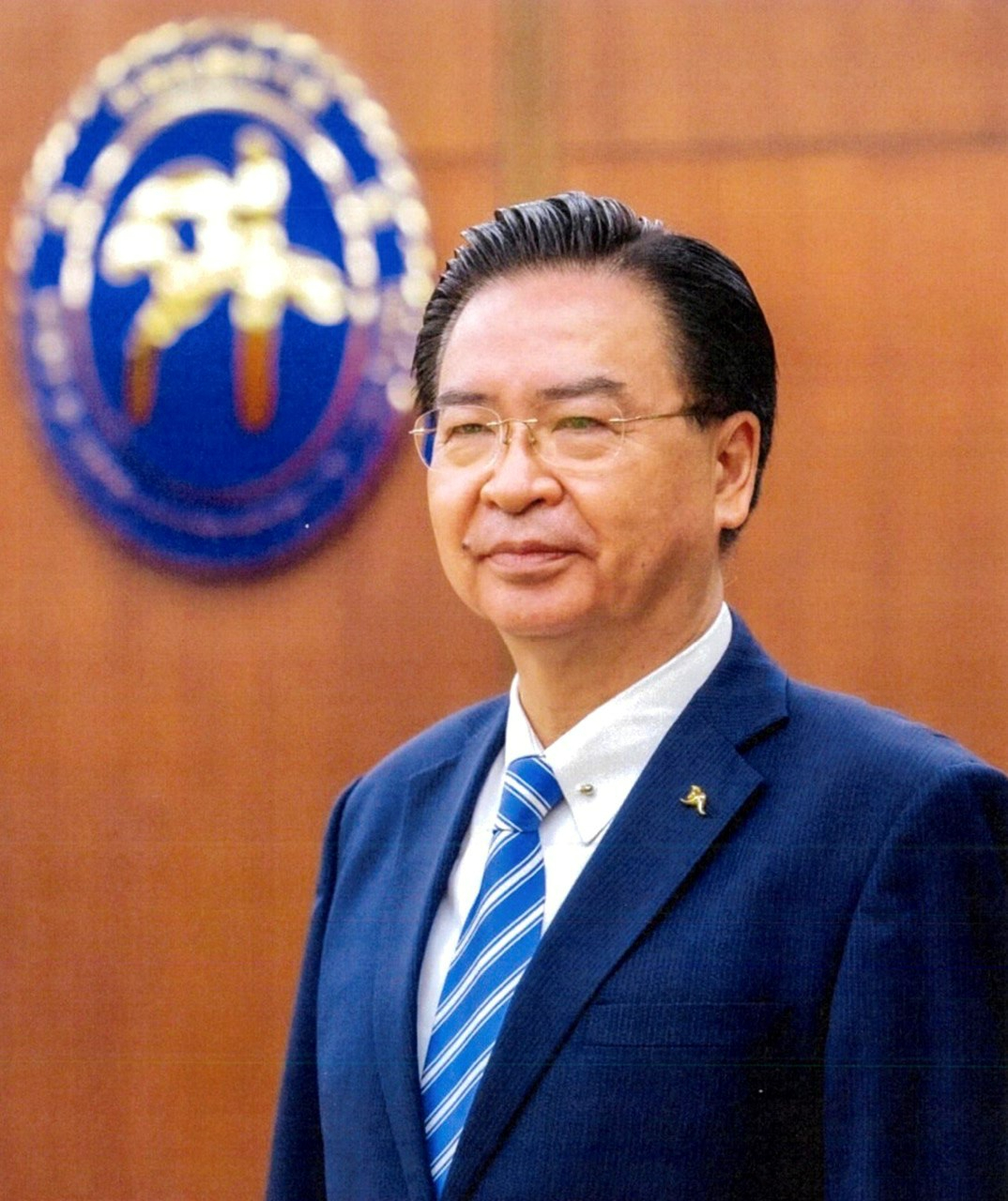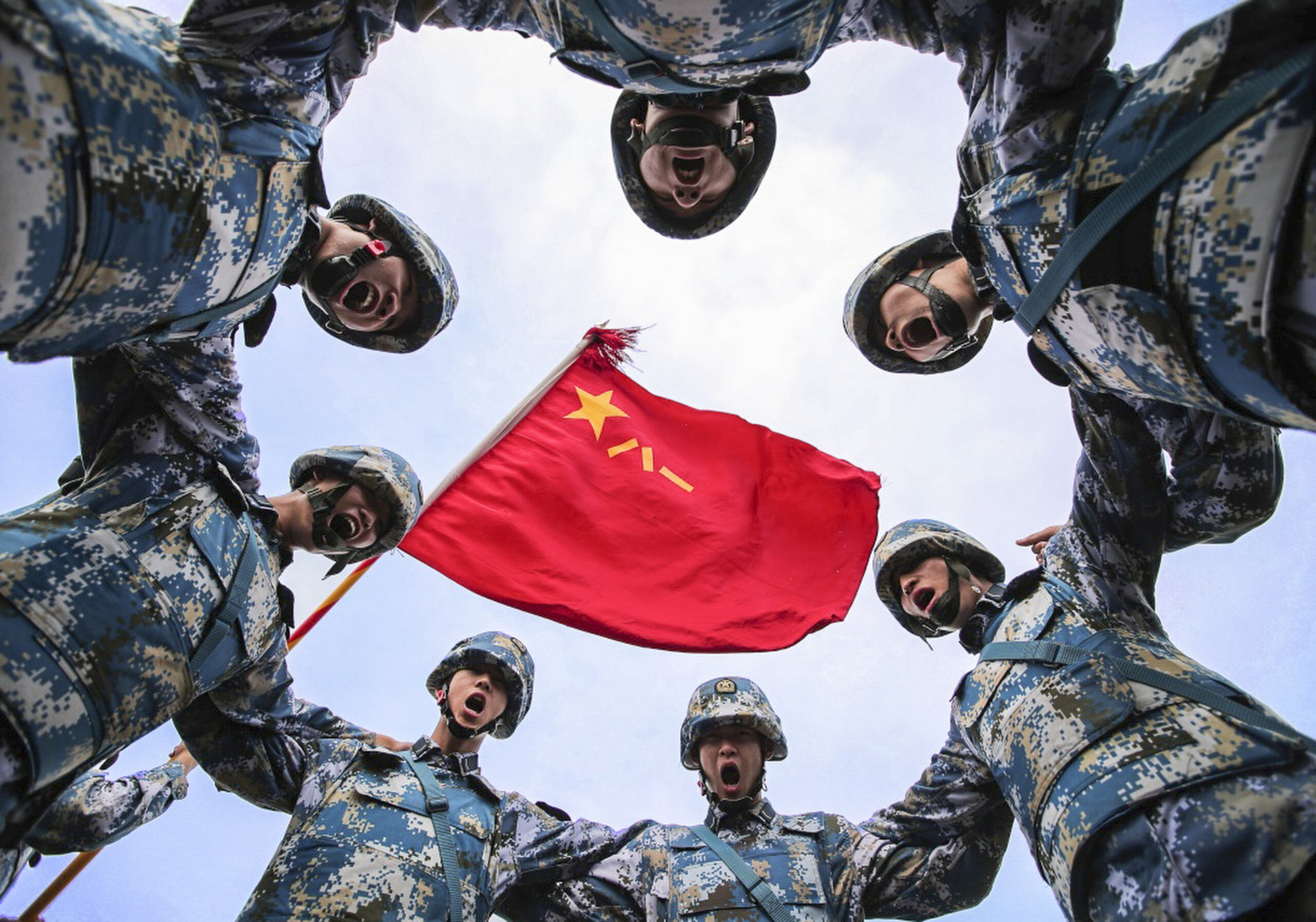National Security Council Secretary-General Joseph Wu
Ed Castro
At an international conference in Taipei yesterday, key regional and global security figures highlighted escalating tensions between China and Taiwan, emphasizing Beijing’s ambitions to annex Taiwan and its broader goal of redefining the international order. National Security Council Secretary-General Joseph Wu and Peter Mattis, president of the Jamestown Foundation, conveyed stark warnings about the ongoing geopolitical struggles during the event organized by Taiwan’s Mainland Affairs Council.
Mattis underscored that the era of US-China cooperation and mutual commitment to stability ended with the Cold War. Instead, both powers are now engaged in a fierce institutional contest, with skirmishes extending across the globe. He pointed out that Taiwan’s security challenges are part of a larger pattern of strategic competition, particularly noting China’s expanding influence beyond traditional boundaries, including recent PLA military exercises near Australia.
Taiwanese authorities maintain that their right to self-determination remains paramount, regardless of international perspectives. However, Mattis criticized the Chinese Communist Party (CCP) for attempting to undermine Taiwan’s sovereignty, asserting that Beijing refuses to acknowledge the Chinese people’s right to choose their future. He warned that Taiwan has been slow to enhance its defense capabilities and that there is a fundamental misunderstanding of the Chinese military by Taipei.
“Young Taiwanese are largely disinterested in the CCP,” Mattis stated, “but the CCP is very interested in Taiwan.” He urged Taiwan to consider strengthening defense collaborations with the United States and the European Union, emphasizing that intelligence sharing—especially given both sides’ use of Mandarin—could serve as valuable leverage.
Wu echoed concerns about Beijing’s broader regional ambitions. He noted that security threats to Taiwan are increasingly global, citing recent PLA exercises near Australia as evidence that China’s influence is spreading well beyond the first island chain. Wu revealed Taiwan’s plan to boost its defense budget from 3% of GDP this year to 5% by 2030, along with updated military drills designed to reassure the public of Taiwan’s ability to defend itself.
Wu criticized China’s current focus, suggesting that the regime prioritizes expansionism over solving domestic social and economic challenges. “Despite economic worries, the focus remains on military and political displays, like the recent Beijing military parade celebrating WWII,” he said. He also highlighted recent anti-corruption purges within the PLA, including the expulsion of top military leaders, which suggest internal instability rather than economic recovery efforts.
Meanwhile, Wu pointed to the urgent need for Taiwan and its allies to bolster defense and intelligence capabilities, especially as China under Xi Jinping continues to pursue global dominance.
Commentator Walter Russell Mead from the Hudson Institute observed that the US’s traditional belief that economic strength naturally fosters democracy has not held true in China’s case. He noted that America’s previous approaches to global conflict resolution have been ineffective, and under President Trump, the US has shifted its focus away from leading international efforts, favoring closer ties with allies like Israel while maintaining complex economic relationships with China and Japan. Mead warned that meaningful negotiations with China over Taiwan remain unlikely, emphasizing that the US will safeguard its interests regardless of Beijing’s propaganda campaigns.
As tensions persist, experts warn that the global community must stay vigilant to China’s strategic moves in the Indo-Pacific and beyond, amid fears that regional stability could be further destabilized by Beijing’s ambitions.



